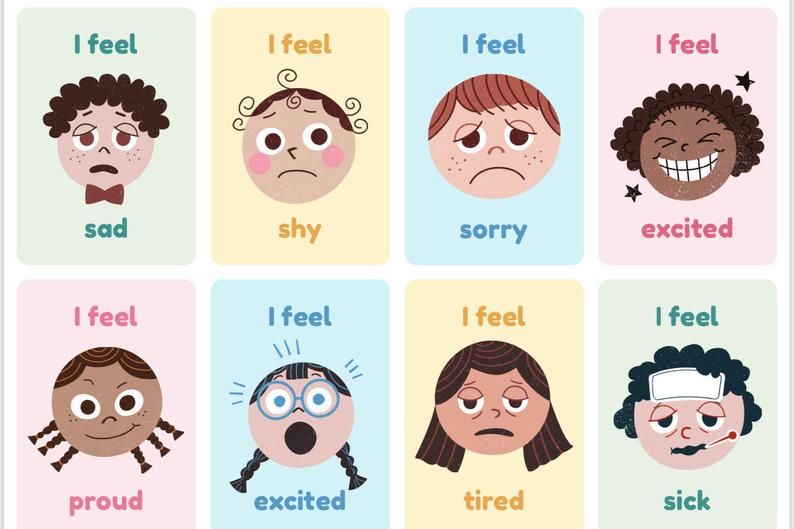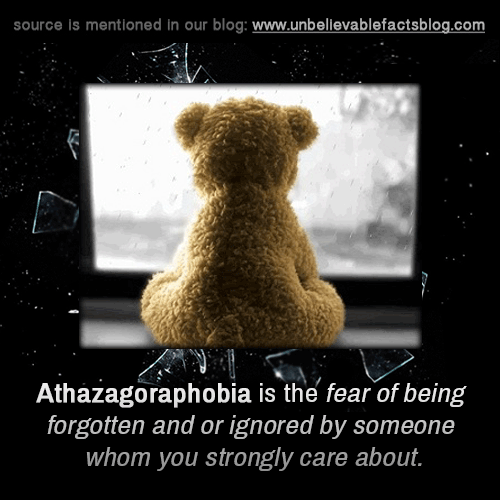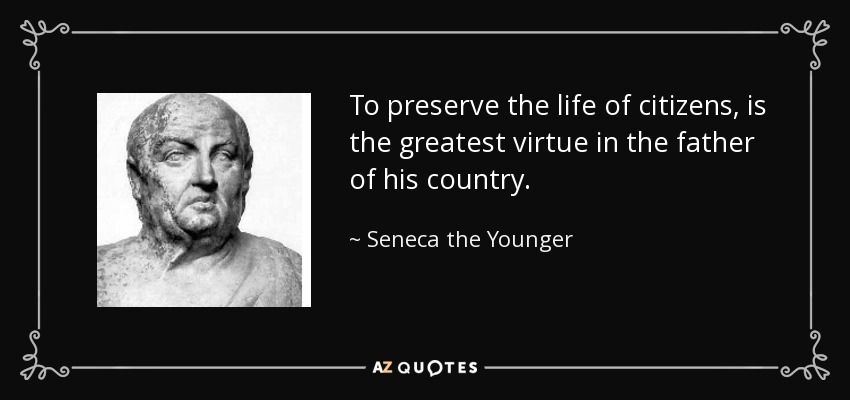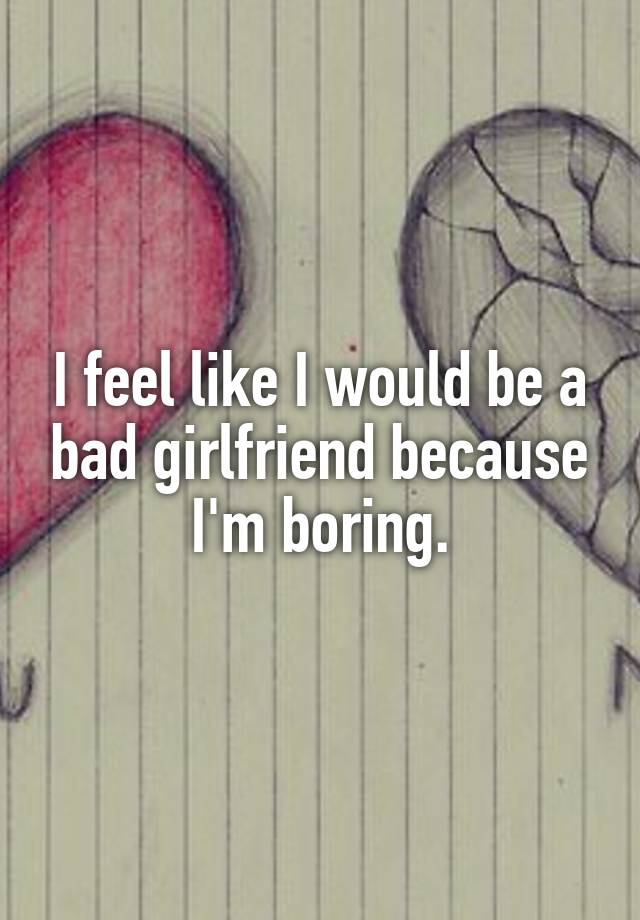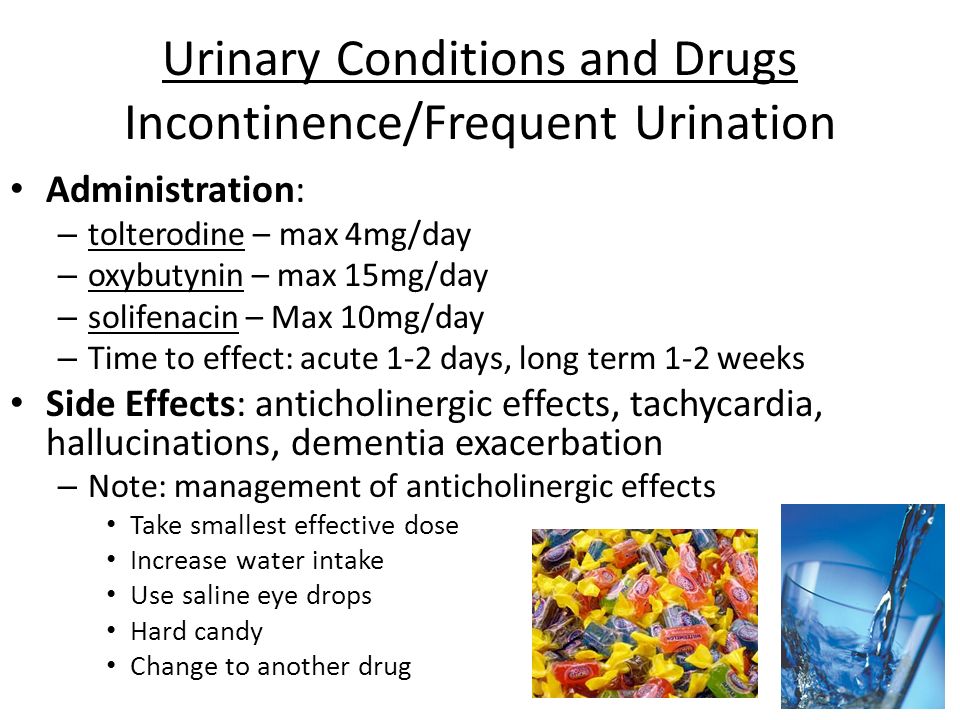Overeating and anxiety
Anxiety Eating & Emotional Overeating
Contributor: Jennifer Pells, PhD is a licensed clinical psychologist and employee of Structure House, a residentially-based weight management treatment program in Durham, North Carolina.
Think back to a situation when you felt really anxious – worried, tense, fearful, dreading, etc. Can you recall the feeling of that anxiety in your body, maybe in your stomach or your chest, and the gnawing worried thoughts that you couldn’t stop? Anxiety can be a painful, paralyzing emotion.
Most of us are pretty motivated to avoid feeling it, and we will find ways to avoid anxiety if we can, or somehow reduce the intensity or distract ourselves away from the feeling.
Using Eating to Cope with Anxiety
Enter overeating. Often without realizing it, individuals can fall into a habit of eating when they feel worried, anxious, nervous, or stressed.
On a purely rational level, this may not make sense – what does eating have to do with reducing anxiety? But humans are complex, and there are a number of ways that eating may serve an anxiety-reducing function. First, let’s highlight a few things we know about the overlap between anxiety and overeating.
Binge Eating and Anxiety
Anxiety symptoms and disorders frequently co-occur with overeating, and studies have shown that those with Binge Eating Disorder have a greater likelihood of experiencing significant symptoms of anxiety compared with the general population (1).
Binge Eating Disorder is marked by regular episodes of eating an objectively large amount of food in a relatively short amount of time with a feeling of loss of control during the eating episode, with accompanying distress and impairment in one’s life (i.e., health, social functioning, work performance).
Comfort Eating Is Common Among the Entire Population
In one study, anxiety was the most frequently cited among a list of emotions that trigger binge eating, followed by sadness, tiredness, anger, and happiness (2). Keep in mind, however, that it is not only those with Binge Eating Disorder who use food to cope with anxiety.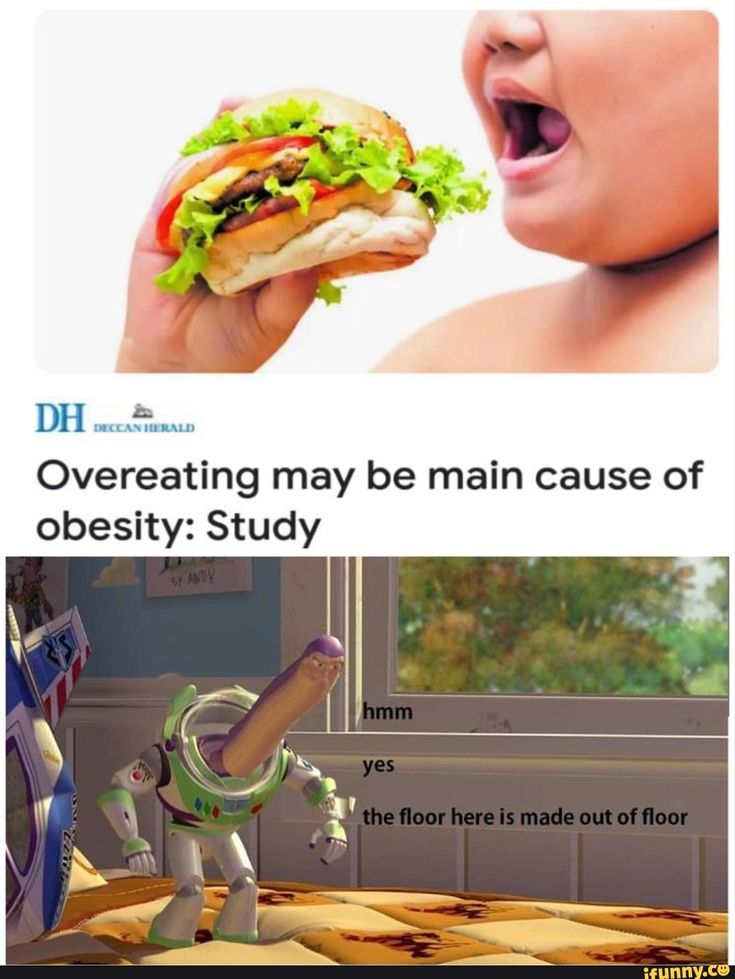
Many individuals who do not engage in binge eating still engage in ‘emotional overeating’ – eating more than their body needs for nutrition in response to emotional triggers, including anxiety.
Prevailing Theories on This Connection
In the following paragraphs, brief descriptions are provided for some of the prevailing theories of the association between negative emotions, including anxiety, and overeating. Each theory is supported by a number of well-conducted, published studies.
Escape from Self-Awareness (3)
Because chronic dieters (those frequently attempting to engage in dietary restraint in order to lose weight) are sometimes more prone to episodes of overeating or binge eating, researchers have sought to understand the mechanisms linking dieting and overeating.
The “escape” theory posits that dieters are especially vulnerable to negative feelings about themselves, resulting in higher levels of anxiety and depression. To ‘escape’ from awareness of these thoughts and feelings, attention and cognition is focused instead on immediate, concrete stimuli, such as food.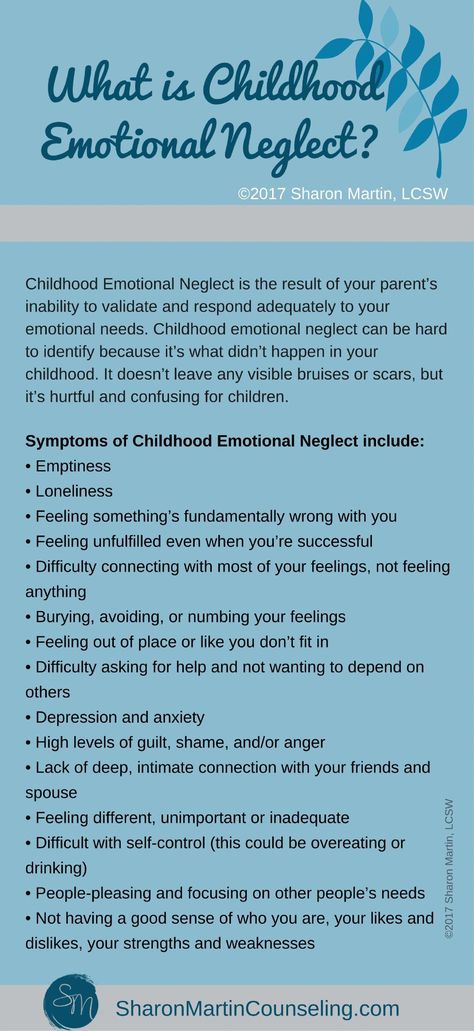
Emotion Regulation (4)
Emotion Regulation refers to the ability to identify and make sense of emotions and utilize effective strategies for balancing one’s emotions, including reducing the intensity of negative emotions or increasing the frequency of positive emotions.
An example of effective emotion regulation could be taking a walk outdoors when feeling irritated with someone (instead of yelling at them, which could make the situation worse and the negative feelings even stronger).
When anxious, individuals who struggle with emotion regulation will look for a fast, available method for decreasing the anxiety as quickly as possible, often choosing the short-term relief at the expense of long-term negative consequences.
Trade-off (5)
This explanation is related to the other theories discussed so far in that overeating is viewed as a way to reduce negative feelings, but does so by reducing the intensity of certain emotions perceived by the individual to be highly aversive and intolerable by accepting a ‘trade-off’.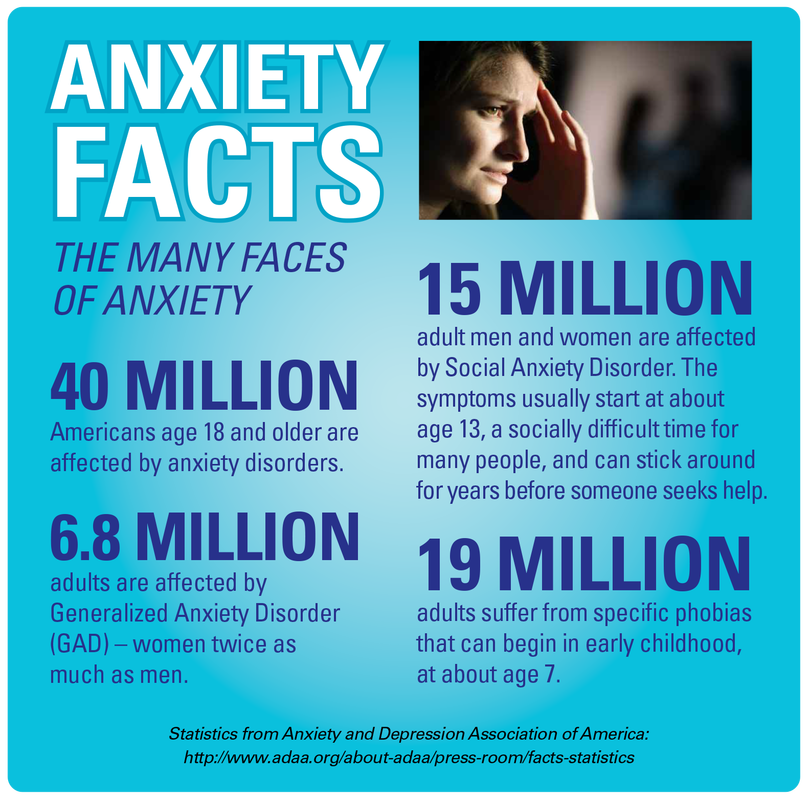
That is, anxiety could trigger someone to overeat because s/he dislikes the anxiety and has learned that eating seems to soothe the feelings, at least temporarily.
The individual may be aware that s/he may feel guilty, disappointed, or depressed after overeating, but for that person, the trade-off is acceptable – at least s/he no longer has to feel the intense anxiety that was initially present.
This theory has received support because it helps explain why overeating continues despite negative consequences, including some persisting negative feelings.
Experiential Avoidance (6)
One of the most current and well-researched ways of understanding the overlap between anxiety and overeating (and more generally, the ways that humans react to their own emotions) is through a concept known as Experiential Avoidance.
This occurs when we do not want to be aware of or “in contact” with our own internal experiences (thoughts, feelings, or sensations) and take steps to reject, deny, disconnect, or avoid those experiences. If we do this persistently, the behaviors we engage in to control our internal experience lead to negative consequences.
If we do this persistently, the behaviors we engage in to control our internal experience lead to negative consequences.
If an individual eats to try to calm anxious feelings and does this repeatedly, it is likely that negative physical and emotional effects will occur.
The Connection Between These Models
A consistent picture emerges across these models: a perception, belief, and/or experience of internal thoughts, feelings, or sensations as unwanted, aversive, frightening, abnormal, and/or unacceptable coupled with learning various methods for getting rid of or pushing away (avoiding) the unwanted experience.
Applied to anxiety and overeating, a person who feels anxious (e.g., tense, afraid, worried, agitated, panic) and finds these emotions and sensations to be highly distressing or intolerable may overeat to cope with the anxiety.
The hoped-for effect of this coping strategy may be to suppress, numb, distract, soothe, avoid, or mask the original anxiety.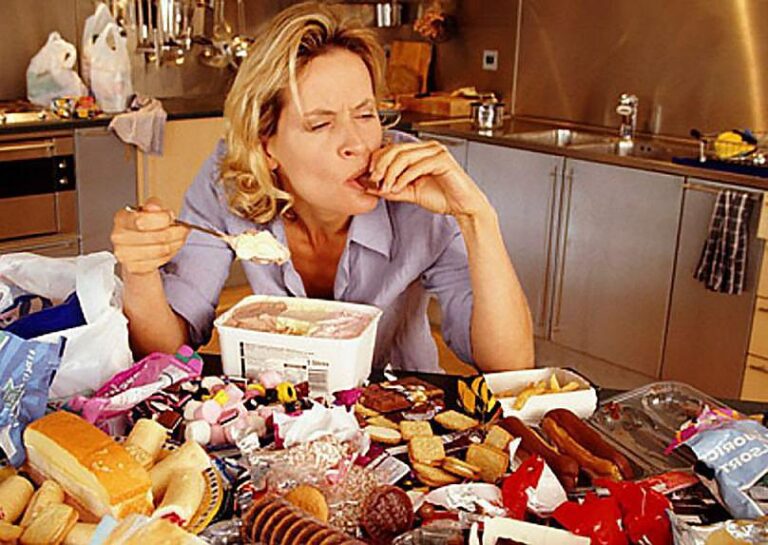 Although it takes time and effort to learn new ways of managing anxiety, the likely outcome of doing so is the reduction of the need to overeat in response to this emotion.
Although it takes time and effort to learn new ways of managing anxiety, the likely outcome of doing so is the reduction of the need to overeat in response to this emotion.
Coping with Emotions in More Effective Ways
There are numerous approaches for lessening the intensity of anxiety and/or coping in a more effective way when anxiety is present:
- Psychotherapy with a licensed mental health provider, especially Cognitive Behavioral, Dialectical Behavior Therapy, or Acceptance and Commitment Therapy
- Self-help through books (7,8), apps , or online programs (e.g., www.online-therapy.com; www.get.gg/cbtstep1)
- Courses in mindfulness meditation (search for “MBSR” in your local area)
- Discuss medication options with your physician or a psychiatrist
References:
- Telch, C.F. & Stice, E. (1998). Psychiatric comorbidity in women with binge eating disorder: Prevalence rates from a non-treatment-seeking sample.
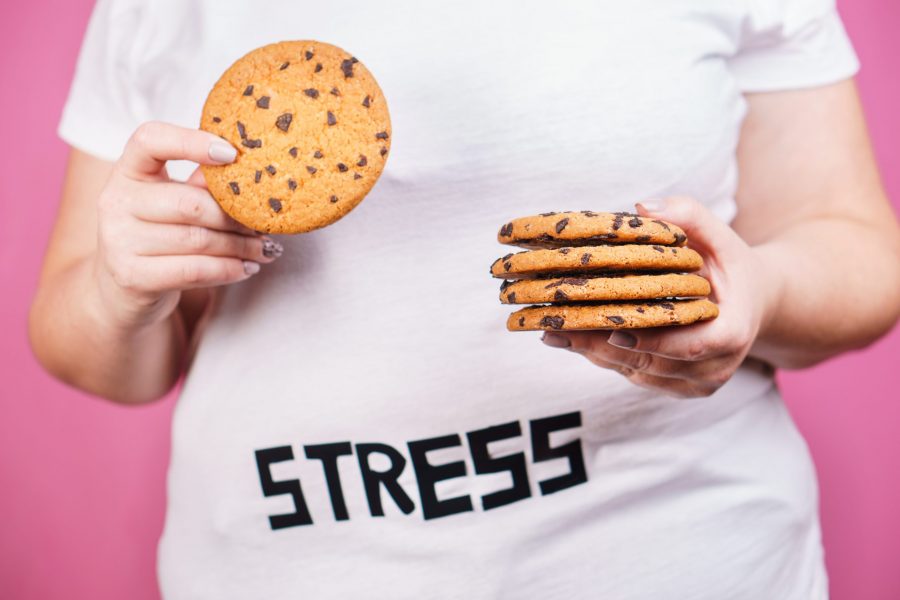 Journal of Consulting and Clinical Psychology, 66, 768-776.
Journal of Consulting and Clinical Psychology, 66, 768-776. - Masheb, R.M. & Grilo, C.M. (2006). Emotional overeating and its associations with eating disorder psychopathology among overweight patients with binge eating disorder. International Journal of Eating Disorders, 39, 141-146.
- Heatherton, T.F., & Baumeister, R.F. (1991). Binge eating as escape from self-awareness. Psychological Bulletin, 110, 86-108.
- Safer, D.L., Telch, C.F., & Chen, E.Y. (2009). Dialectical Behavior Therapy for Binge Eating and Bulimia. Guilford Press: NY.
- Kenardy, J., Arnow, B., & Agras, W.S. (1996). The aversiveness of specific emotional states associated with binge-eating in obese subjects. Australian and New Zealand Journal of Psychiatry, 30, 839-844.
- Hayes, S.C., Wilson, K.G., Gifford, E.V., Follette, V.M., & Strosahl, K. (1996). Experiential avoidance and behavioral disorders: A functional dimensional approach to diagnosis and treatment. Journal of Consulting and Clinical Psychology, 64, 1152-1168.
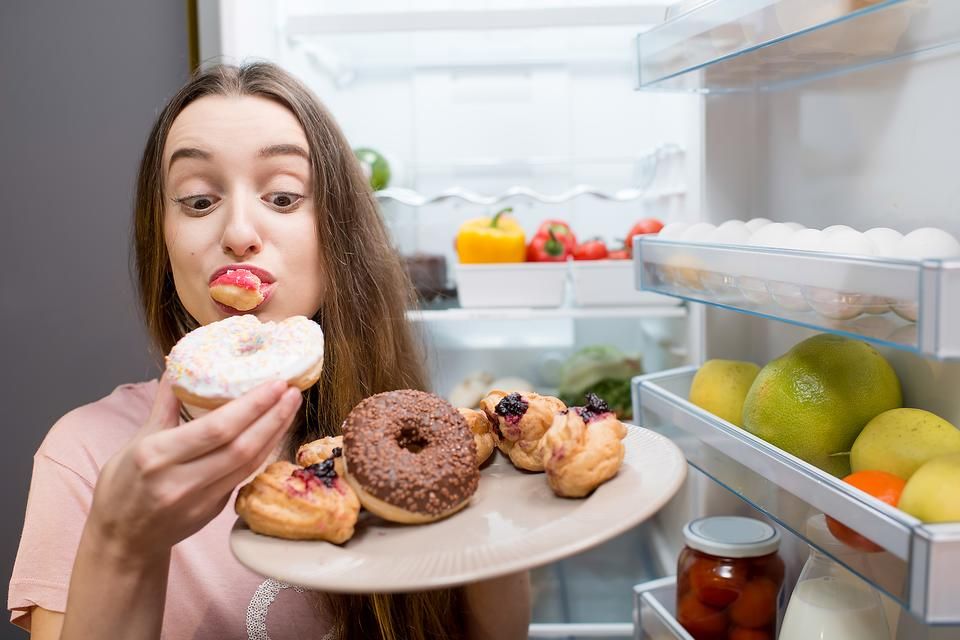
- Brantley, J. (2007). Calming your anxious mind: How mindfulness and compassion can free you from anxiety, fear, and panic. New Harbinger.
- Wilson, K.G. & DuFrene, T. (2010). Things might go terribly horribly wrong: A guide to life liberated from anxiety. New Harbinger.
The opinions and views of our guest contributors are shared to provide a broad perspective of eating disorders. These are not necessarily the views of Eating Disorder Hope, but an effort to offer discussion of various issues by different concerned individuals.
© Copyright 2022 Eating Disorder Hope. All Rights Reserved. Sitemap.Privacy Policy.Terms of Use.
MEDICAL ADVICE DISCLAIMER: The service, and any information contained on the website or provided through the service, is provided for informational purposes only. The information contained on or provided through this service is intended for general consumer understanding and education and not as a substitute for medical or psychological advice, diagnosis, or treatment.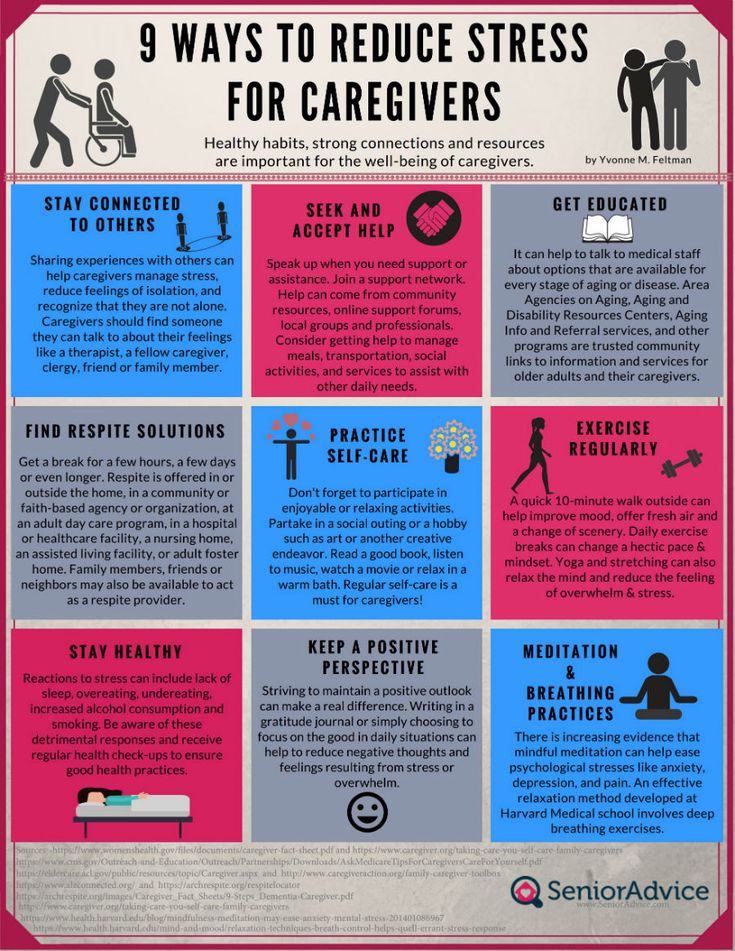 All information provided on the website is presented as is without any warranty of any kind, and expressly excludes any warranty of merchantability or fitness for a particular purpose.
All information provided on the website is presented as is without any warranty of any kind, and expressly excludes any warranty of merchantability or fitness for a particular purpose.
Call a specialist at Timberline Knolls for help (advertisement)
(888) 206-1175
Binge Eating and Anxiety Connection
Skip to contentThis story originally appeared on Healthline.com
Binge eating and anxiety go together more often than you might think. People with binge eating disorder (BED) experience recurring episodes of binging. People with BED eat large amounts of food and feel a loss of control over eating. People with anxiety disorders experience frequent worries or fear about everyday situations. They may have panic attacks, which are intense and concentrated spells of anxiety.
It is estimated that two to five percent of Americans suffer from BED. This is the most common eating disorder in the United States. Anxiety disorders are the most common mental illness in the United States, affecting 18 percent of American adults.
According to a 2009 study, close to 75 percent of people with BED experienced at least one other psychiatric disorder in their lifetime. Almost 40 percent of people struggled with anxiety.
Anxiety and Overeating
Anxiety can come in different forms. Generalized anxiety refers to persistent worrying about any life situation. You can also experience anxiety around a specific situation, such as social events. People suffering from anxiety attacks experience physical symptoms, such as shortness of breath or chest pain.
Research has yet to determine the specific cause of anxiety or BED, but it is thought both are caused by a combination of factors, including:
- genetics
- environment
- physiology
- neurology
Some researchers believe that binging may temporarily soothe feelings of anxiety for some people. One study found desires to binge increased with stress, anxiety, and cortisol response in participants with BED.
The Role of Cortisol
Cortisol is an adrenal hormone that could affect your appetite. It is sometimes called the “stress hormone.” That is because your cortisol levels rise when you are under stress.
There is limited research on the connection between cortisol levels and BED. There is evidence suggesting anxiety and stress can trigger emotional eating, however. This may lead to binge eating, says James M. Greenblatt M.D, chief medical officer and vice president of medical services at Walden Behavioral Care in Waltham, Massachusetts.
What You Can Do
There are various things that can help you control your anxiety and binging. The most important thing is to get help.
Anxiety and BED are different conditions. Treating one won’t necessarily treat the other, but they both need to be treated at the same time. A multidisciplinary treatment team can be your best bet. This team works together to tailor the treatment to your specific needs and make sure you get the right treatment for you.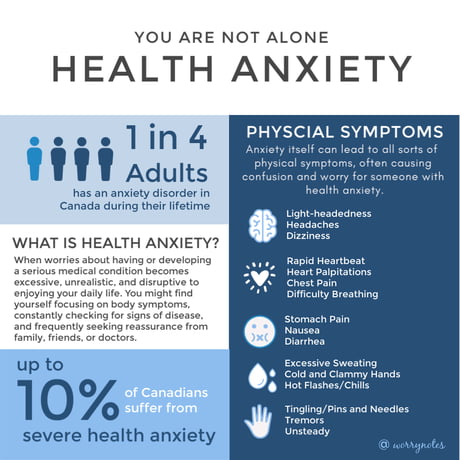
Psychotherapy and medication are commonly used to treat anxiety, says Greenblatt. When your anxiety is treated appropriately, binge eating symptoms may decrease.
Cognitive behavioral therapy, which has shown to be effective in treating BED, may also be helpful in managing anxiety. This type of treatment focuses on identifying and understanding both your thought processes and your behavior patterns so you can change them.
Knowing what triggers your anxiety can help you manage situations that might make such feelings worse. For example, if you know dieting books can exacerbate your anxiety, throw them out. Make your living area a safe and positive place that promotes a healthy body image.
Working to combat internal cues and dialogue may also benefit people suffering from anxiety. This can be done by practicing mindfulness, meditation, and relaxation techniques. “We have to be willing to believe that changing our minds can change our lives,” says Melissa Groman, LCSW, a psychotherapist specializing in eating disorders and author of “Better Is Not So Far Away.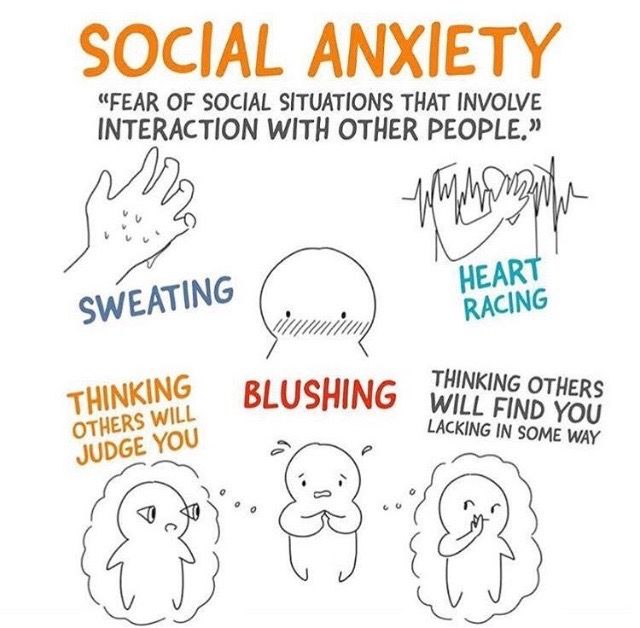 ”
”
If you have BED or anxiety, speak with your doctor. They can work with you to develop an appropriate treatment plan.
We know finding eating disorder treatment can be tough. Walden is here for you. If you are concerned that you, or a loved one, may have binge eating disorder, please reach out by completing the form on this page or email us at [email protected].
Let’s Connect
Notice: JavaScript is required for this content.
"Donuts = happiness", or What is compulsive overeating
Have you ever had a situation where a spoonful of ice cream or a hearty meal literally saved you from the cycle of anxiety and fear? Have you ever had such a thing that you absolutely did not control your appetite? The problem of overeating due to stress and anxiety is now worrying many. Some believe that this problem is too exaggerated, others find alarm bells in every piece of food eaten.
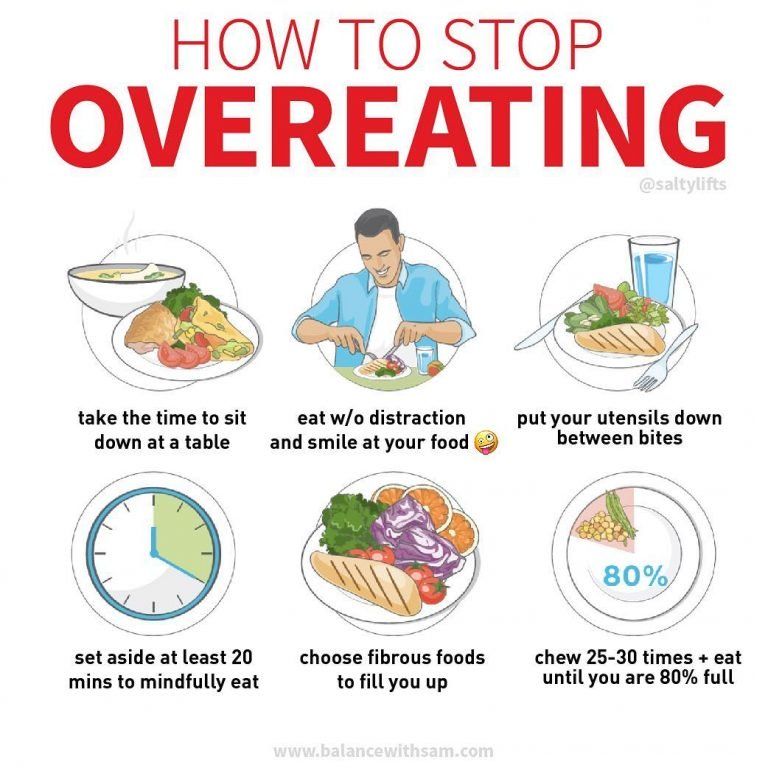 We tell you how to identify compulsive overeating, where it comes from and when to sound the alarm. nine0003
We tell you how to identify compulsive overeating, where it comes from and when to sound the alarm. nine0003 What is binge eating and where does it come from?
“Eat and everything will pass” — you heard this phrase at least once from your relatives when you came home after a hard day. Indeed, as soon as you had at least a little snack and polished what you had eaten with dessert or sweet tea, life ceased to seem hopeless. The German language even has a special word, Kummerspeck, which describes eating out of great sadness or anxiety.
Compulsive overeating (or psychogenic overeating) is an eating disorder when, in a state of stress and anxiety, a person experiences a brutal appetite. Usually in this state, a person continues to eat until he realizes that he has overindulged, then he feels guilt and self-hatred. nine0007
Where does the desire to eat from stress come from?
In a state of stress - that is, when there is a sense of danger - the body enters the "fight or flight" state.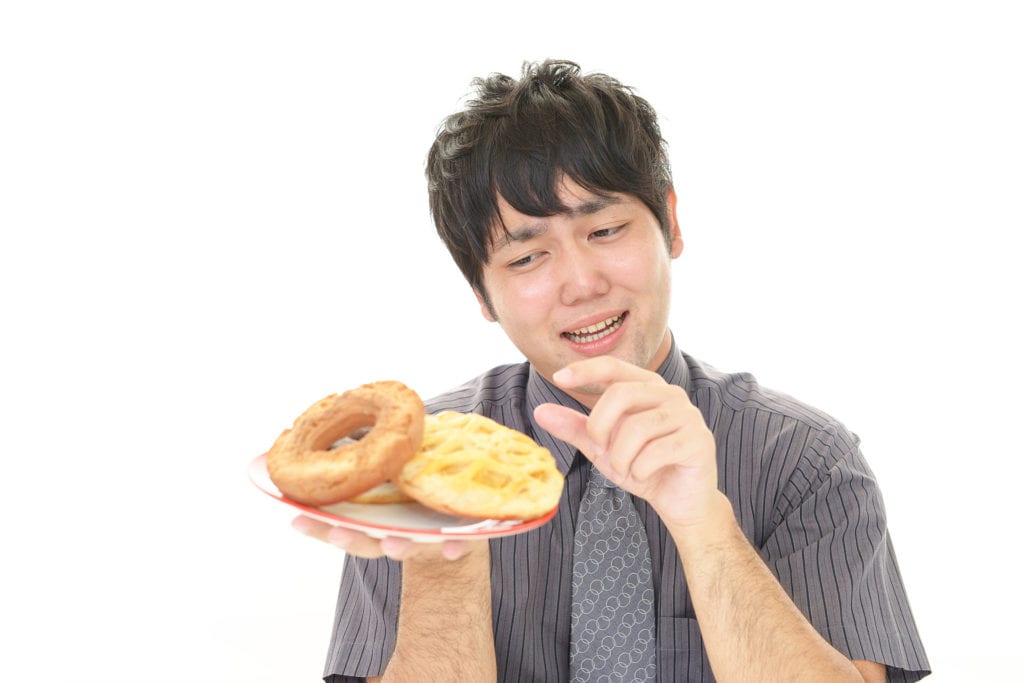 For him, the parasympathetic section of the nervous system is turned on, the pulse quickens, blood rushes to the limbs, where it is really needed in order to quickly run away from a source of danger or fight off an enemy. At the same time, contractions of the gastrointestinal tract increase, the hypothalamus is stimulated. The activity of this part of the brain causes increased production of hydrochloric acid and pepsin, hypermotility and hypertonicity of the stomach. The condition really resembles a feeling of hunger. nine0007
For him, the parasympathetic section of the nervous system is turned on, the pulse quickens, blood rushes to the limbs, where it is really needed in order to quickly run away from a source of danger or fight off an enemy. At the same time, contractions of the gastrointestinal tract increase, the hypothalamus is stimulated. The activity of this part of the brain causes increased production of hydrochloric acid and pepsin, hypermotility and hypertonicity of the stomach. The condition really resembles a feeling of hunger. nine0007
All this is necessary in order for the remnants of food to quickly slip through the gastrointestinal tract, and in case of damage to the abdominal organs (when we could be pursued by a lion in cave times), the chances of getting the contents of the gastrointestinal tract into the abdominal cavity decreased, which could cause inflammatory diseases and painful death.
Now, in a state of stress, we are not faced with a danger that we need to run away from or fight back.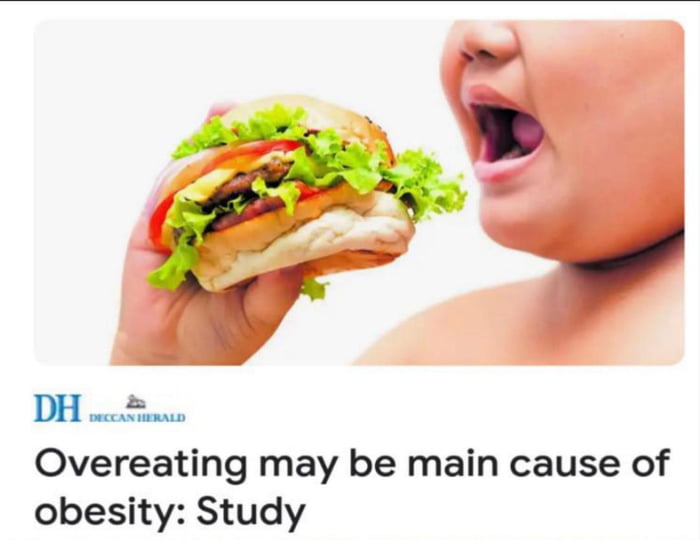 And the body is still trying to work according to the old scheme and lose excess to help us hide from problems. But we rather interpret this as an aggravated feeling of hunger, but due to stress, saturation as such will not occur. nine0007
And the body is still trying to work according to the old scheme and lose excess to help us hide from problems. But we rather interpret this as an aggravated feeling of hunger, but due to stress, saturation as such will not occur. nine0007
How to look at life from the bright side and successfully deal with stress? Learn this in the Antifragility course.
What forms the habit of stress eating?
In addition to body signals that we interpret as hunger, there are many more factors that affect a person's eating behavior.
Hormones
The first and main thing that forms our habit is a leapfrog of cortisol (stress hormone) and dopamine, serotonin, oxytocin and endorphin (happiness hormones). Fatty and sweet foods are a source of a large number of calories that our body loves so much. And when he receives them, the supply of happiness hormones turns on, cortisol is extinguished and the relationship “donuts = calmness / happiness” is formed. nine0007
Family
If you have relatives who offer to treat all spiritual wounds with borscht and mashed potatoes, then in the future you can adopt this behavioral pattern.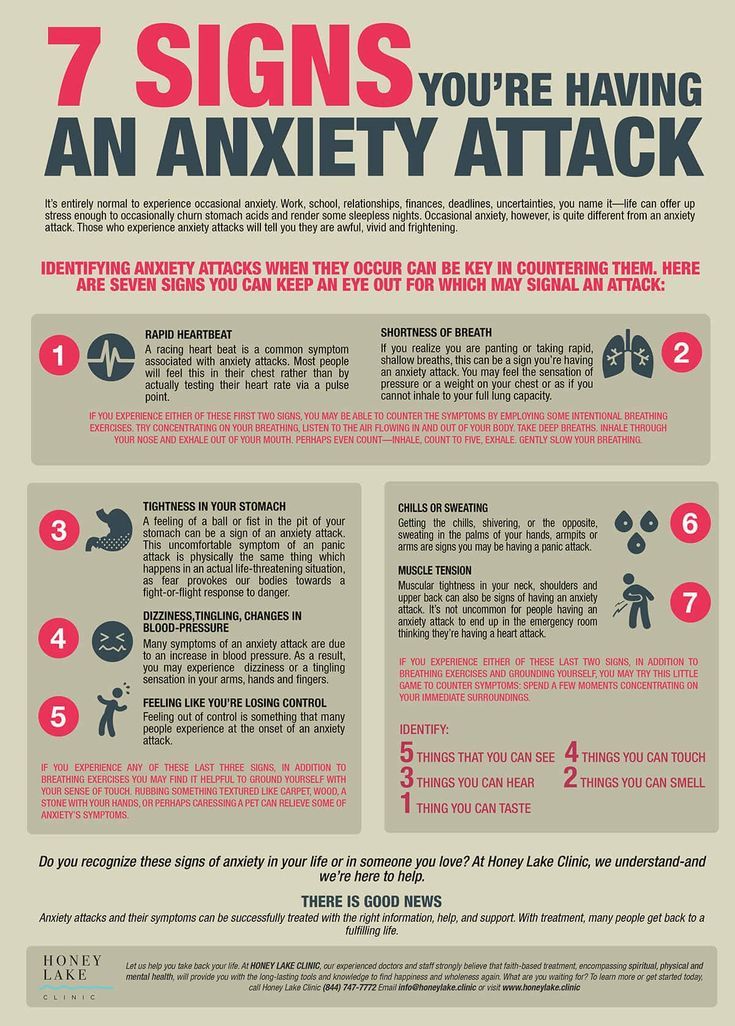
Culture
Another important external factor is the overall food culture in the society where you live. Depending on social norms, it would be acceptable, for example, to eat a bowl of ice cream because you have a broken heart. Corporate culture can also play an important role, which includes, for example, short lunch breaks, which often force people to make choices not in favor of healthy food. nine0007
“How does compulsive overeating develop?
In general, food is a fairly important topic for any person, and in the world of psychology it is one of the main topics. The way we build relationships with food, how we treat it, can say a lot about a person.
For a person with overeating, food is the only need that he has and can satisfy. Because in order to have different needs, you need to learn to distinguish them in childhood. The child learns from the example of his parents, parents give him space and opportunities to study what I want now: take a walk, ride a bike, read a book, sleep.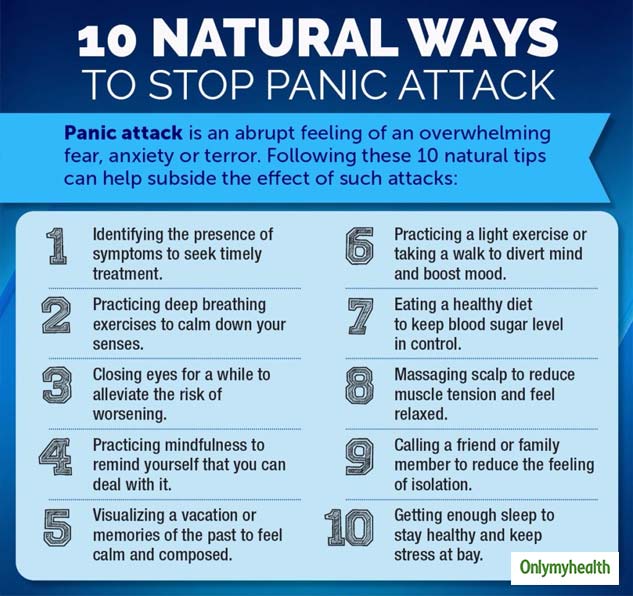 nine0038
nine0038
A person with overeating in early childhood usually did not have such an experience, since their mothers are quite insensitive. For example, when a baby cries, instead of trying to understand the reason, the mother tries to feed him.
And so food replaces any other needs a person feels. That is, a person may want love, friendship, social status, games, but all needs and desires are perceived only as hunger.
At an older age, the situation begins to become contradictory. On the one hand, food is the only resource a parent can provide. On the other hand, parents begin to control the amount of food the child has, as they do not like his appearance and weight. Thus, in the parent-child relationship, the topic of food becomes super-significant, and other needs also begin to be realized through food. As a result, the child simply does not learn to interact differently with himself, with other people, with the world, except through the topic of food" , says Violetta Pachina, a counseling psychologist and Gestalt therapist.
How do you know when it's time to sound the alarm?
Sometimes stress-eating is a little guilty pleasure when everything goes completely out of hand. But imperceptibly, the situation can gain serious momentum when you need the help of a specialist.
-
You do not control your appetite and continue to eat even when you are full.
-
Even a large portion can be eaten quickly without chewing. nine0007
-
You eat even when you are not hungry.
-
After eating, you feel disgust for yourself, a feeling of guilt.
“Compulsive overeating is a type of anxiety disorder. Anxiety disorder manifests itself in people who do not satisfy their needs, suppress the manifestation of this need. That is, the energy that is released in order to satisfy one's need remains in the body and is expressed by anxiety, phobia, panic attack, compulsion. But still, a person cannot develop this disease in himself just because he has been stressed a couple of times.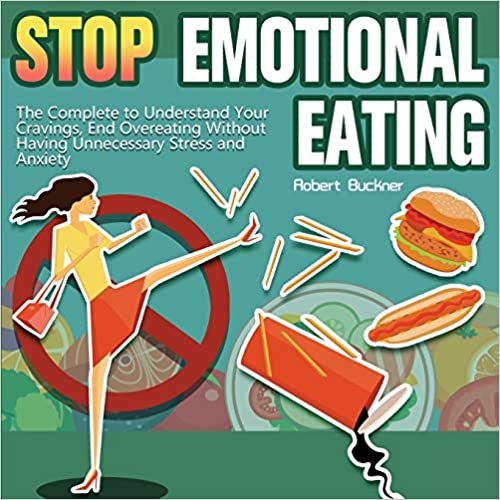 nine0038
nine0038
In general, this is a fairly common calming mechanism. And this is normal, there is nothing criminal in it: we learned this in childhood, when our mother breastfed us, so that we could fall asleep, calm down, switch from unpleasant sensations. Food in general from infancy is strongly associated with safety, love and care, comfort.
And people sometimes replace any need with food, since this need is easier and faster to satisfy. Of course, it is better to develop sensitivity to your body and your needs. Every time you are drawn to food without hunger, you should ask yourself: “What do I really want?” Perhaps, having realized a real need, you will no longer want sweets” , Violetta Pachina comments.
Let's be in touch! Subscribe to our newsletter and receive weekly collections of relevant and interesting articles from our team.
How to Stop Stress and Anxiety Eating
Health
8/20/2020
Letter Reminder
Learning not to overeat because of emotions, and if you do overeat, do it right
Pixzolo 90 Photography slightly modified text of our weekly newsletter.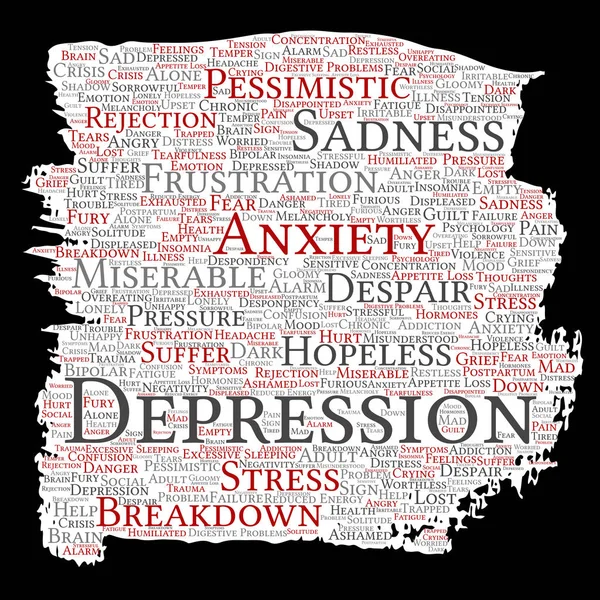 If you want to receive letters from us on Fridays that contain a ton of useful information and links, subscribe to the newsletter here. nine0109
If you want to receive letters from us on Fridays that contain a ton of useful information and links, subscribe to the newsletter here. nine0109
Sometimes it is difficult to cope with anxiety, anger, mental pain and boredom. The most affordable and fastest way is food. As Stanford biology professor Robert Sapolsky explains, this emotional eating is not a lack of will, but a biological mechanism: stress leads to the release of glucocorticoid hormones, which increase appetite. The bad news: After stress, insulin levels are elevated, so that what you eat is deposited in the abdomen and forms abdominal fat, which is associated with metabolic and cardiovascular diseases. Also, this strategy does not work well, because guilt for eating only increases negative feelings. Here's how psychologists and nutritionists advise coping with emotional overeating. nine0111
The Ten Minute Rule
There is a concept in behavioral economics that explains why we fail when we try not to overeat.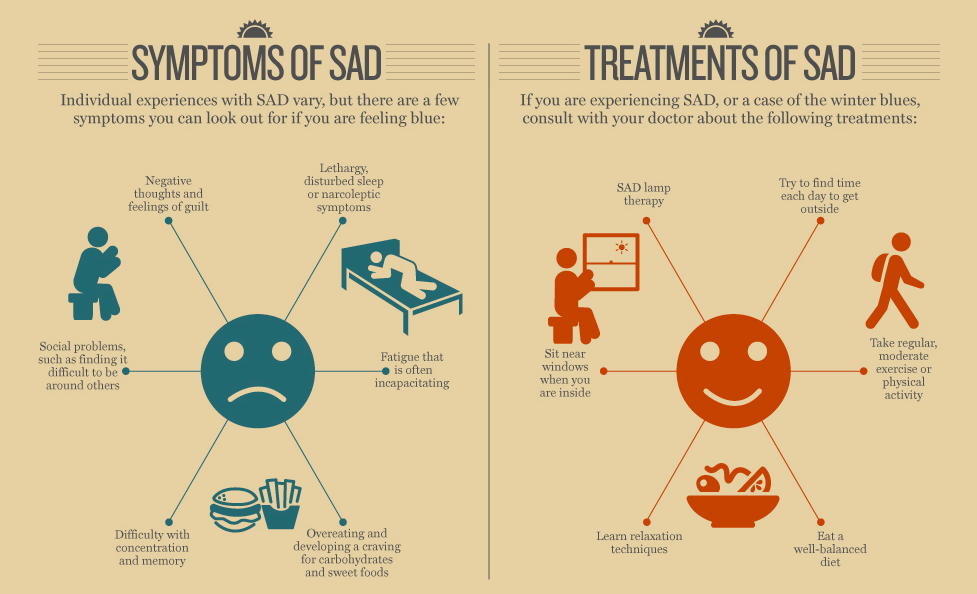 Bounded rationality is to blame for everything - the imperfect structure of the brain: it often chooses a smaller, but instantaneous reward instead of a larger, but delayed in time. That is, cookies now - instead of a hundred years of life in the future. To regain control, Stanford professor and best-selling author of Willpower, Kelly McGonigal, suggests putting off eating cookies for ten minutes. Then the brain will perceive the cookie as a delayed reward, reduce the excitation of the reward system - and it will become easier for you to resist the temptation. nine0007
Bounded rationality is to blame for everything - the imperfect structure of the brain: it often chooses a smaller, but instantaneous reward instead of a larger, but delayed in time. That is, cookies now - instead of a hundred years of life in the future. To regain control, Stanford professor and best-selling author of Willpower, Kelly McGonigal, suggests putting off eating cookies for ten minutes. Then the brain will perceive the cookie as a delayed reward, reduce the excitation of the reward system - and it will become easier for you to resist the temptation. nine0007
Stimulating activities
When we think about food, its taste, smell and color begin to dominate our thoughts. This cycle of images can be interrupted by a new stimulus. A few years ago, Australian scientists tested whether Tetris was capable of doing this - and a three-minute game of it really reduced the participants' desire to eat. It's not about the magical effect of a certain game: Tetris is just an example of a challenging task that changes the train of thought and blocks obsessive anxiety.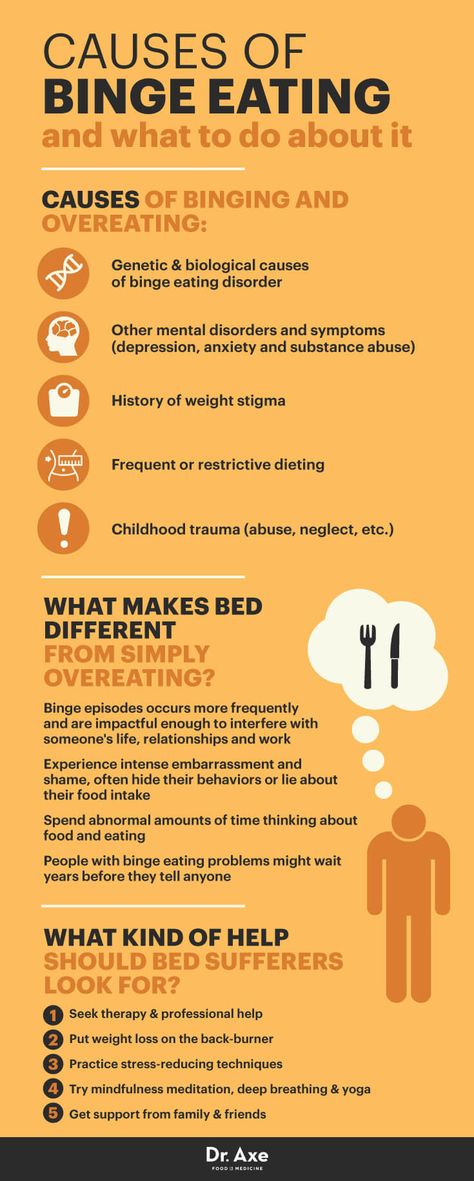 The same problem can be handled in a different way. For example, clay modeling, like Tetris, fills the mind with visual images other than food. Dynamic visual noise — a special sequence of flickering black and white squares, like in this video — makes it difficult to concentrate on the desire to eat. And movement is generally the best way to end the cycle of stress; Not surprisingly, brisk walking helps to avoid overindulgence in chocolate. nine0007
The same problem can be handled in a different way. For example, clay modeling, like Tetris, fills the mind with visual images other than food. Dynamic visual noise — a special sequence of flickering black and white squares, like in this video — makes it difficult to concentrate on the desire to eat. And movement is generally the best way to end the cycle of stress; Not surprisingly, brisk walking helps to avoid overindulgence in chocolate. nine0007
Proper overeating
When you eat your emotions, you usually crave the JUNK foods. The paradox is that these are the foods that make you feel even more anxious and eat more, and also reduce your resistance to future stresses. Seize stress correctly: those products that quickly and permanently satisfy hunger, improve mood, or at least suppress the desire to chew. For example:
-
Protein saturates the fastest and gives a long feeling of satiety. Therefore, one of the best breakfasts is one that has an egg: it reduces the feeling of hunger between meals.
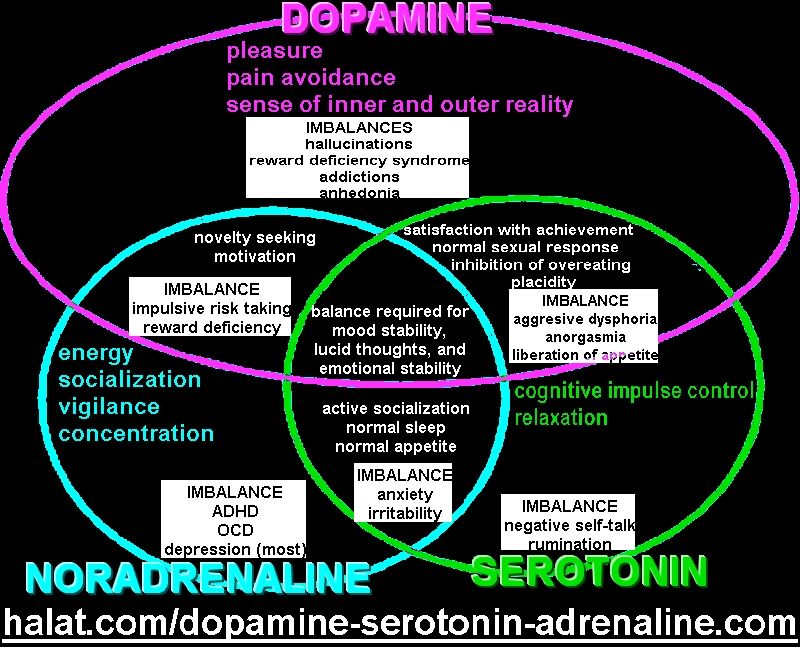 nine0007
nine0007 -
Fruits and vegetables seem to protect against depression, either thanks to vitamins C and E, which counter inflammatory markers, or fiber, which reduces anxiety levels and improves the composition of the gut microbiome, which is closely associated with mood.
-
The bitterness of , like spinach, makes us crave sweets less. Chewing gum for 15 minutes and smelling mint also helps.
-
Mediterranean diet prevents overeating, presumably because her diet is optimal for her gut microbiome. Many of its components improve mood. Nuts and seeds are high in magnesium, which helps with anxiety, while fish and olives are high in omega-3 acids, which make us more resilient to stress. Scientists are even studying the potential of omega-3s to prevent depression and suicide.
-
Warm drinks0128 caffeine slightly suppresses appetite.

Principle 80/20
"All or nothing" in nutrition does not work: severe restrictions increase anxiety and appetite, and you want to eat exactly what is "forbidden". To avoid this, nutritionist Lisa Young recommends the 80/20 rule - the Pareto principle from economics, shifted to a dietary way. 80/20 in nutrition works like this: every day you eat a lot of healthy, nutrient-dense food (80% of the total energy value of the daily menu) and complement it with “shameful pleasures” like chips, chocolate and wine (the remaining 20%). nine0007
Refusing packages
When food seems like a snack rather than a full meal, we eat more and don't notice it. When it is laid out in small packages - too. The problem is that standardized portions make it difficult to feel how much you really want to eat. Try to avoid packaging for a few weeks. “Serve food in very large dishes or bowls so that you are not able to calculate how much you have already eaten,” advises nutritionist Svetlana Bronnikova. “The first couple of times you will probably overeat to the point of disgrace. Use this as an experience to help you record how your body feels when you overeat." Without seeing how many packs you've eaten, you'll learn to focus on satiety rather than the manufacturer's deceptively small portions, and you'll eat as much candy or chips as your body requires, not anxiety. nine0007
“The first couple of times you will probably overeat to the point of disgrace. Use this as an experience to help you record how your body feels when you overeat." Without seeing how many packs you've eaten, you'll learn to focus on satiety rather than the manufacturer's deceptively small portions, and you'll eat as much candy or chips as your body requires, not anxiety. nine0007
Plans for the evening
The biggest risk of overeating is in the evening. By this point, we are tired, we accumulate stress and deplete our will reserve, which turns into an overeating attack. Prepare for the evening in advance: make a healthy dinner, decide what and with whom you will do, so that it is easier to resist the automaticity of the habit. By the way, there is a psychological technique that will help you eat less if something suddenly breaks your plans for the evening - safety priming. Think of those people with whom you have a secure, stable and calm relationship, and this stops anxiety and an attack of excess appetite.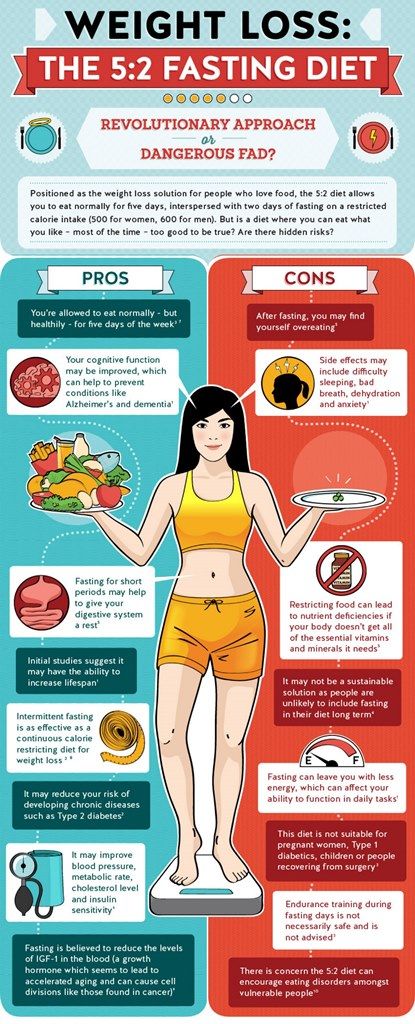 nine0007
nine0007
The Power of Rituals
In one experiment, scientists compared how well people who lose weight control themselves if they carefully monitor their diet or simply perform a simple three-step ritual before eating. The ritual looked like this: before eating food, it was necessary to cut it; arrange the pieces on plates so as to achieve symmetry; touch the cutlery to the food three times. Participants who performed this ritual ate 200 kcal less than those who followed the diet. You can use this ritual or any other that you yourself come up with, the main thing is regularly, and then they will reduce anxiety. nine0007
Time to Worry
If you are coping with stress with food, you are practicing an emotional avoidance strategy: food keeps you from facing difficult experiences. Stop running. Acceptance increases the ability to tolerate anxiety and helps regulate emotional appetite. To stop ignoring your feelings, set aside 5-30 minutes each day for them.
